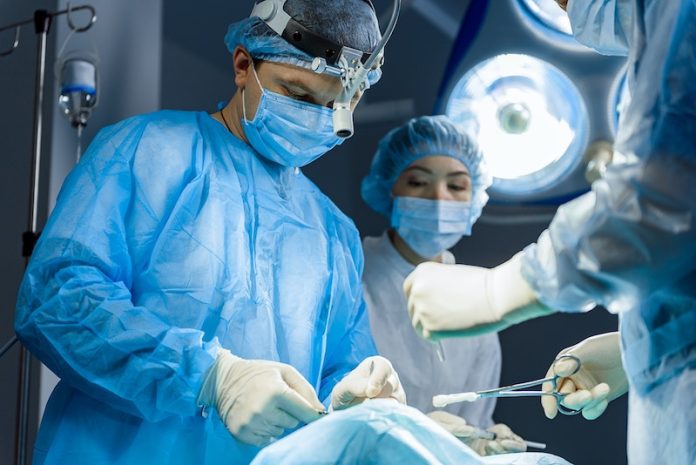
The pancreas, an organ tucked behind our stomach, has an important job to do in our bodies. It produces enzymes that help break down food and hormones that regulate sugar in the blood.
Like many parts of the body, sometimes things can go wrong. One of these problems can be the formation of cysts, small sac-like pockets of fluid that develop on the pancreas.
While many of these cysts remain harmless, some have the potential to transform into cancer. Pancreatic cancer is a dangerous type of cancer that is often not detected until it has already spread.
But what if there was a way to figure out which cysts are likely to turn into cancer before it happens?
New Findings by Duke Health Researchers
This is exactly what a team of scientists at Duke Health has been working on. Their research, which is available to read in the journal Science Advances, has found a way to tell if a cyst might turn into cancer in the future.
This is a big deal because it could help doctors decide whether or not to remove a cyst before it turns into cancer.
Dr. Peter Allen, the head of the Surgical Oncology Division at Duke University School of Medicine, explains why this research is so important.
“Even when pancreas cancer is detected at its earliest stage, it almost always has shed cells throughout the body, and the cancer returns,” he said.
He further explained that most cysts, known as intraductal papillary mucinous neoplasms or IPMNs, will never turn into cancer.
But some will, and by figuring out which ones are likely to progress, doctors might be able to stop the cancer before it starts.
How the Research Was Conducted
How did the team manage to find these clues? They used a modern tool called digital spatial RNA profiling.
This let them examine specific parts of the cyst where cells were growing abnormally. Previous methods weren’t as precise and couldn’t provide clear markers to signal the risk of cancer.
But this new method allowed the researchers to find a bunch of genetic changes. Some of these changes could cause pancreatic cancer, while others might stop it from developing.
The team also discovered markers that could differentiate between two common types of IPMN, as well as markers for a third type that is usually less severe.
Implications and Future Steps
Dr. Allen says this is only the beginning. “Our work now is focusing on finding these unique markers in the fluid of the cyst.
If we can identify these unique markers, it could provide the basis for a protein biopsy that would guide whether we should remove the cyst before cancer develops and spreads.”
The methods that doctors currently use to diagnose pancreatic cancer are only about 60% accurate. Dr. Allen’s team hopes to improve that number with their new discovery.
Dr. Allen also notes that pancreatic cancer is becoming more common.
“Pancreatic cancer is on the rise and, if the current trajectory continues, it will become the second-leading cause of cancer death in the United States in the next few years,” he said.
He added that inflammation might play a role in the development of this type of cancer, and his team is currently testing an anti-inflammatory therapy that could potentially reduce the risk in patients with IPMN.
This important research, conducted by Dr. Allen and his colleagues Matthew K. Iyer, Chanjuan Shi, Austin M. Eckhoff, Ashley Fletcher, and Daniel P. Nussbaum, could pave the way for early detection of pancreatic cancer and potentially save many lives.
If you care about cancer, please read studies about how to reduce pancreatic cancer spread by nearly 90%, and green tea could help reduce death risk in type 2 diabetes
For more information about cancer, please see recent studies about new way to increase the longevity of cancer survivors, and results showing vitamin D supplements strongly reduces cancer death.
The study was published in Science Advances.
Follow us on Twitter for more articles about this topic.
Copyright © 2023 Knowridge Science Report. All rights reserved.



